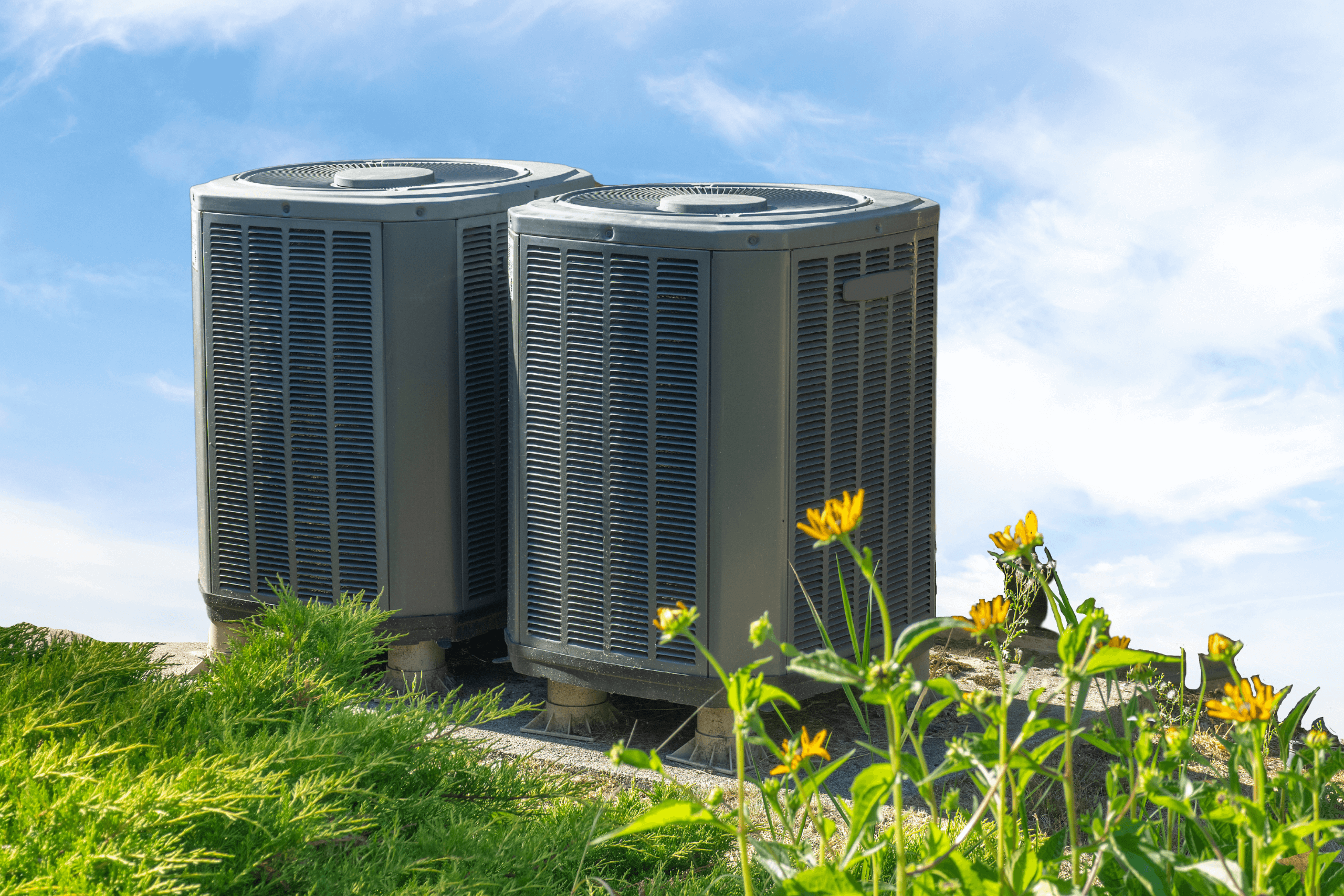Our homes are equipped with various technologies that allow us to live comfortably. For example, air conditioning. Did you know that air conditioners have literally saved lives? One study found that residential air conditioning significantly reduced heat-related deaths. In fact, a 75% decline on days exceeding 80 degrees Fahrenheit. This decline mostly occurred after 1960, when central air conditioning became the norm in new homes and window air conditioners were affordable.
Air conditioning has had a significant impact on American life, improving comfort, safety and quality of life. It’s also why we observe Air Conditioning Appreciation Days every year from July 3 to August 15. So, how did air conditioners come to exist? Let’s go back to the beginning.
The History of Air Conditioning
In 1851, Dr. John Gorrie was granted a patent for his ice-making machine. The machine’s compressor could be powered with water, steam, wind-driven sails or a lone horse. His invention helped create the foundation for modern air conditioners.
In 1902, a man named Willis Carrier worked for the Buffalo Forge Company in New York. He solved a serious issue at the Sackett-Wilhelms Lithographing and Publishing Company. The issue in question: magazine pages that were wrinkling due to high indoor humidity. Carrier designed the “Apparatus for Treating Air.” An air conditioning system that could help control humidity levels and dehumidify air.
Shortly thereafter, Carrier recognized the need for air conditioning in other industries. In 1915, Carrier and six other engineers gathered their life savings and formed the Carrier Engineering Corporation.
When Did Air Conditioning Become Common in Homes?
In 1931, H.H. Schultz and J.Q. Sherman invented an air conditioner that could sit on the ledge of a window. One year later their invention hit the market, but it wasn’t very popular due to its high price tag.
Years later, Henry Galson invented a smaller, less expensive version. The units were mass produced, and by 1947 more than 40,000 systems were sold. By the late 1960s, window air conditioners were affordable and most new homes were built with central air conditioning.
What Are the Benefits of Air Conditioning?
Air conditioning appreciation requires recognizing AC’s benefits. The primary function of an air conditioner is to produce cold air. It’s also a primary benefit! But how do central air conditioners actually accomplish this feat?
First, the air conditioner draws warm air in through the ductwork. Then, warm air passes over the evaporator coil, filled with compressed refrigerant, which cools the air and removes moisture. The condensate drain pan collects the excess moisture and removes it from your home. Thus, you are left with cool, dry air.
 AC vs. Dehumidifier: Your home is humid and you’re wondering why your air conditioner isn’t solving the problem. Well, air conditioners aren’t intended to solve humidity issues →
AC vs. Dehumidifier: Your home is humid and you’re wondering why your air conditioner isn’t solving the problem. Well, air conditioners aren’t intended to solve humidity issues →Wait, did you hear that correctly? Air conditioners remove moisture from the air? Technically, they do! However, it’s important to note that dehumidification is a byproduct of an air conditioner’s primary function, which is to cool the air.
Other positive effects of air conditioning include reduced risk of heat-related illness and death, reduced allergy and asthma symptoms and a comfortable indoor atmosphere.
Praise for Cool Indoor Air
Today, 87% of American homes have air conditioning. That is something to celebrate! Thanks to several incredible inventors, gone are the days of suffering from extreme heat in your own home. Let’s take time to appreciate all of the wonderful benefits afforded to us by air conditioners.



